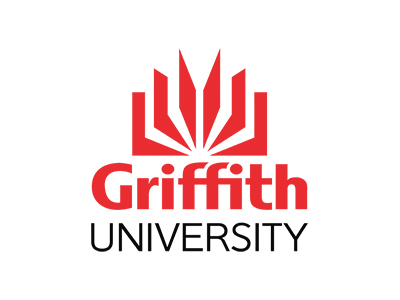Brett Bolte
Brett Bolte
Thesis Topic
Exploiting filter feeding bivalves as a natural sampling platform
PhD Start Date
October 2021
PhD Project Objectives
This project aims to exploit filter feeding bivalves as a natural eDNA sampling medium to determine the presence of some of the most crucial pathogens, including algal and bacterial blooms and parasites such as amoeba, in the Tasmanian aquaculture industry. Specifically, this study aims to provide a more cost effective and continuous monitoring method for disease identification and potentially prevention of large scale outbreaks.
Environmental DNA, eDNA, has been pioneering its way as a useful detection method for both invasive and critically endangered species in recent years. It’s sensitivity and cost effectiveness has proved it to be a vital tool, with only a fragment of a target organism’s DNA needed for positive identification. However, traditional methods utilise mechanical or manual filtration, and constant monitoring remains tedious. Especially in the aquaculture industry, where farm location makes manual sampling difficult. It is within this sector that continuous sampling is needed to maximise the survival and health of stock.
Bivalves continuously filter water and retain particles, the same size as DNA, within their siphons and faeces. Additionally, they are one of the most common biofouling species on fish pen nets and other aquaculture infrastructure allowing for them to be an excellent candidate for natural sampling mediums. Throughout the project, filter and clearance rates will be determined, threshold values will be determined for specific planktonic species (Alexandrium catenella, Neoparamoeba perurans, Vibrio and Flavobacterium spp.). All studies will be conducted at CSIRO facilities in Hobart, utilising connections with aquaculture industry.
Biography
I am an American student who graduated from James Cook University with both my Bachelor of Science and Honours in Marine Biology, where I developed eDNA assays to detect the presence of deadly box jellyfish (cubozoans), including the infamous Irukandji. This research is being utilised to understand the gap in cubozoan ecology, with the detection of polyp source reefs having been identified. Currently, I am a remote student at Griffith University, working with CISRO in Hobart, Tasmania. When I am not in the lab, I am exploring national parks and sun baking on the beach with my puppy.
Supervisory Team
Primary Supervisor: Prof Kylie Pitt
Griffith University
Co-Supervisor: Prof Carmel McDougall
Griffith University
Research Advisor: Dr. Pascal Craw
CSIRO
Research Advisor: Dr. Andrew Bissett
CSIRO
Research Advisor: Dr. James Wynne
CSIRO




